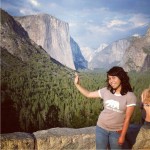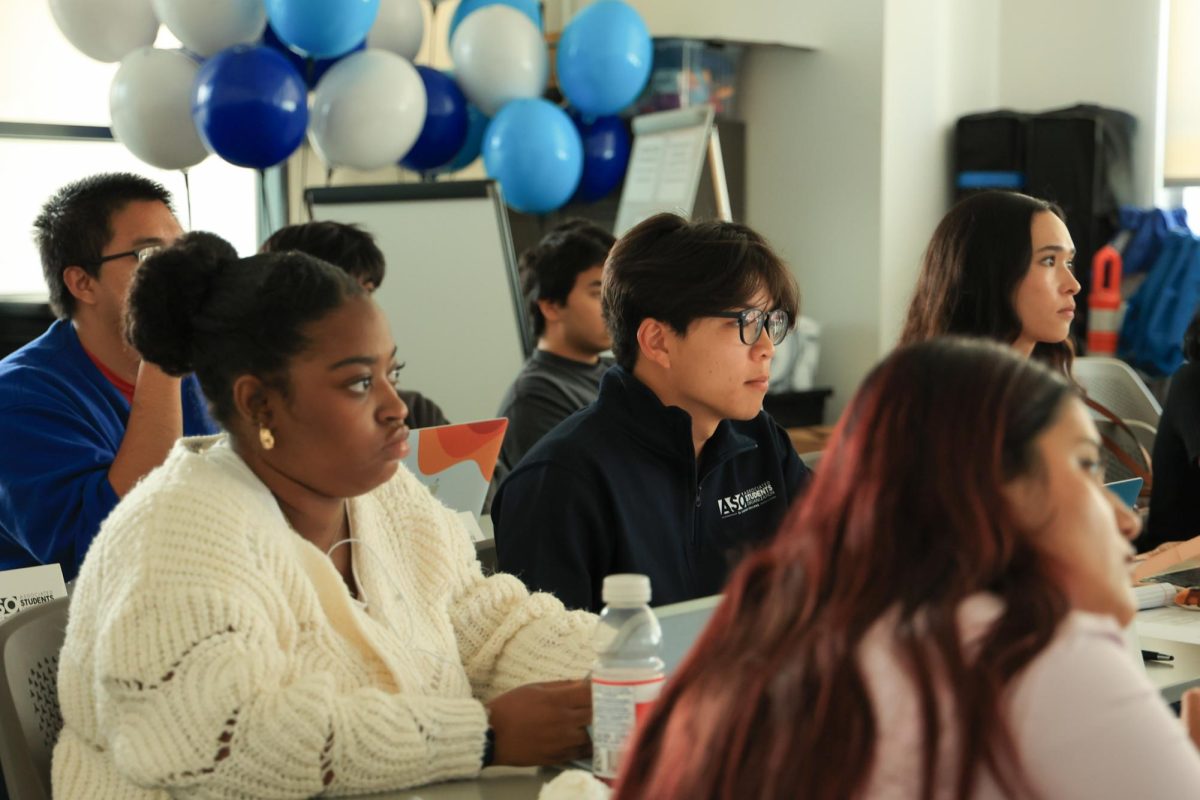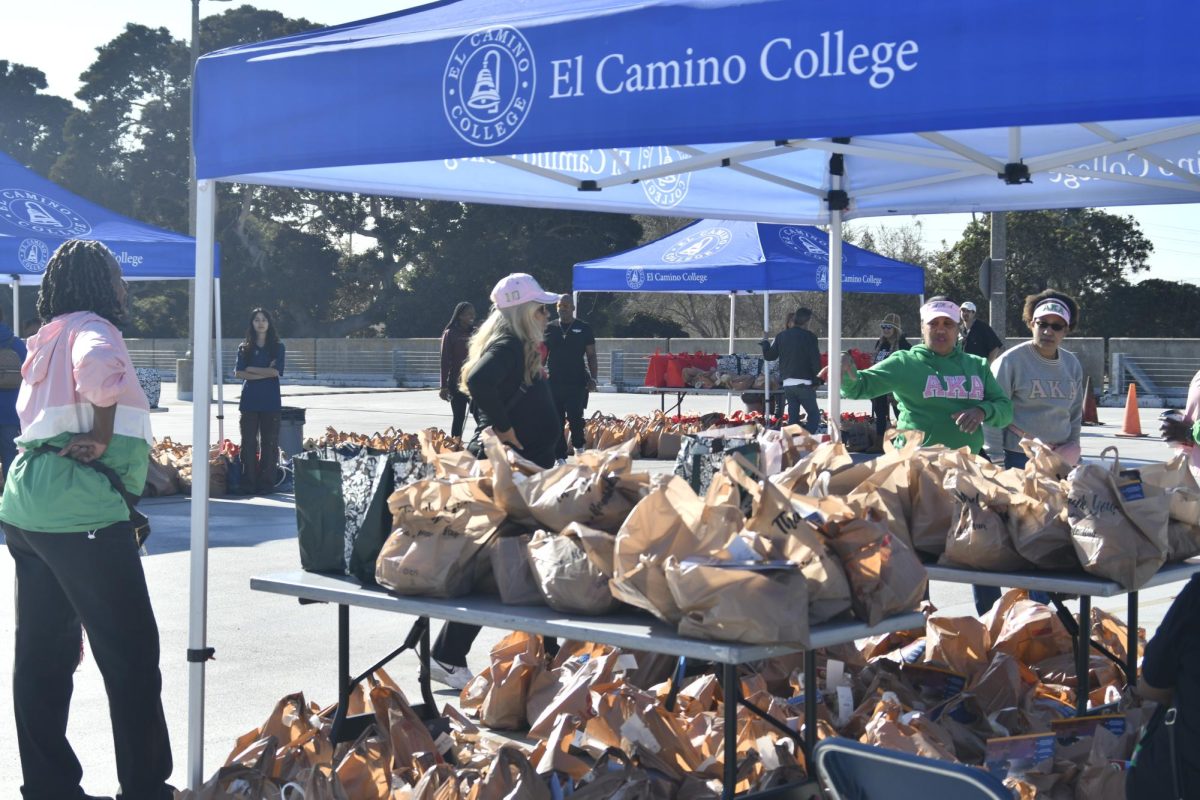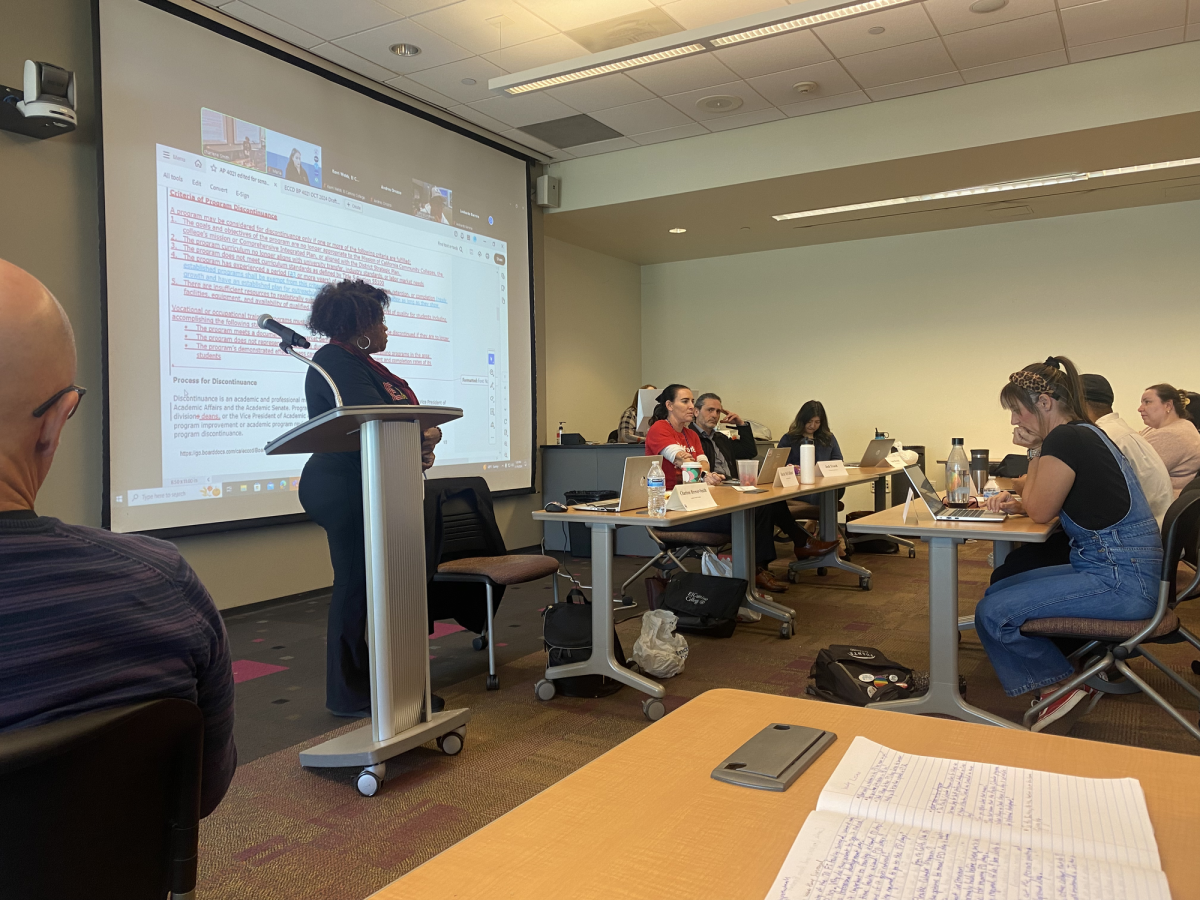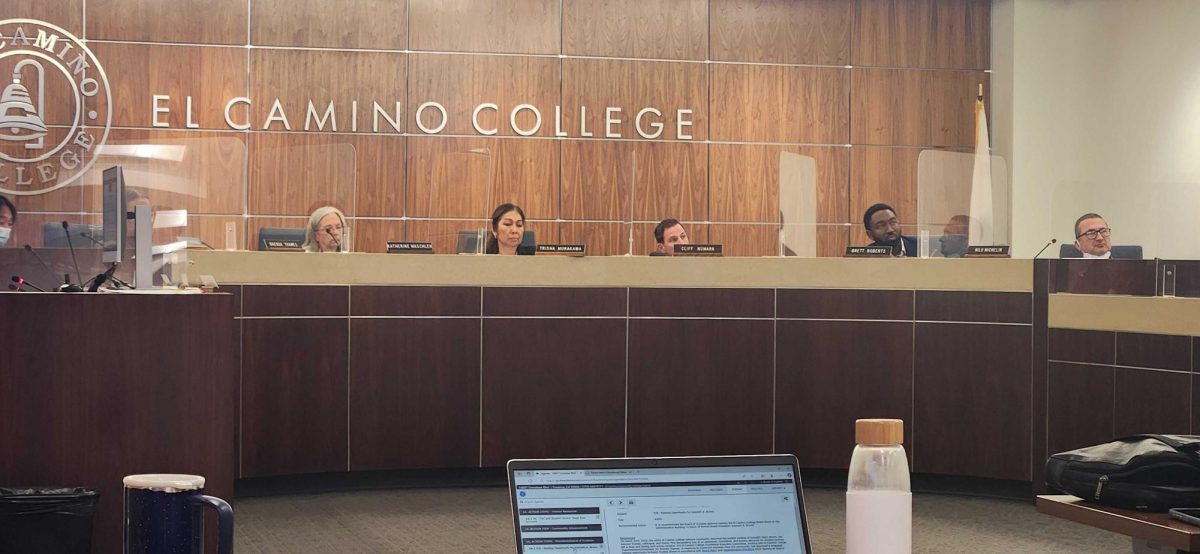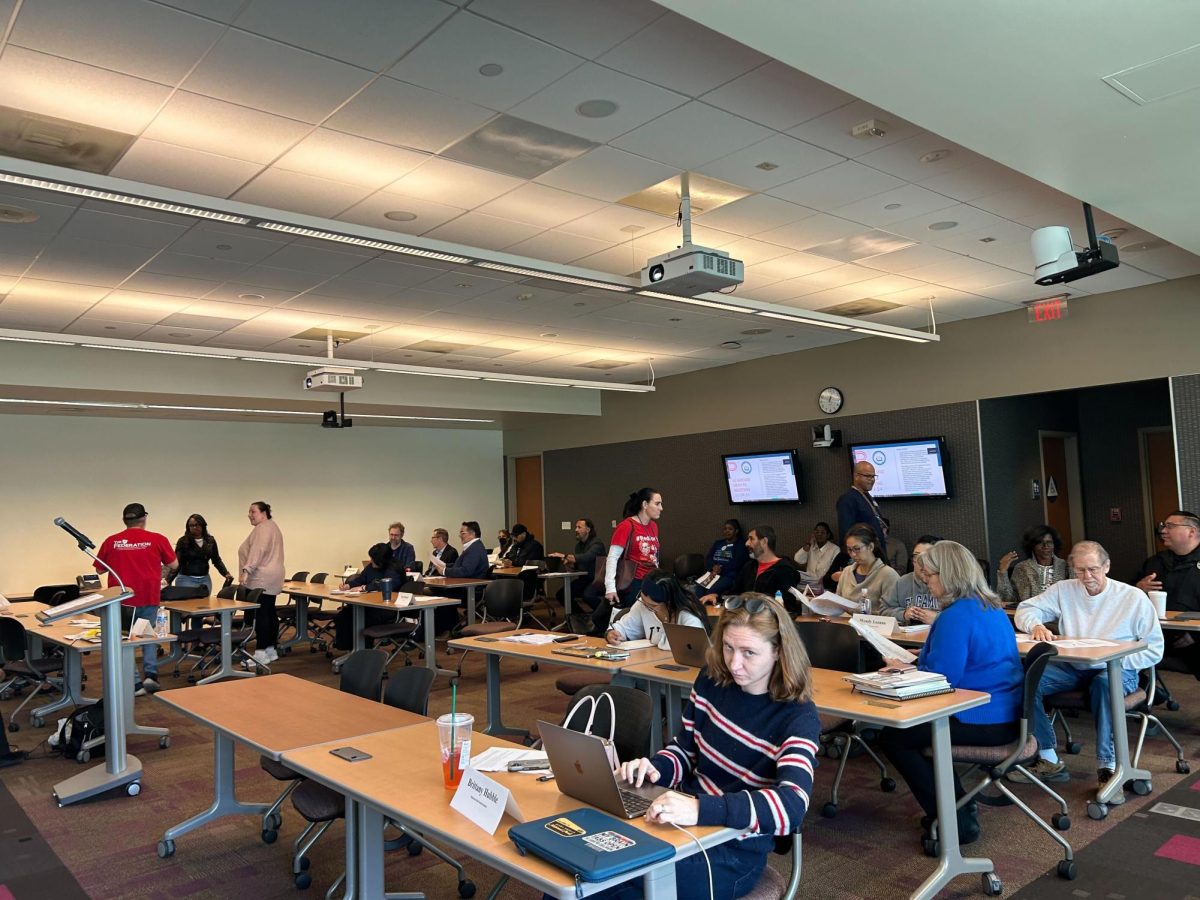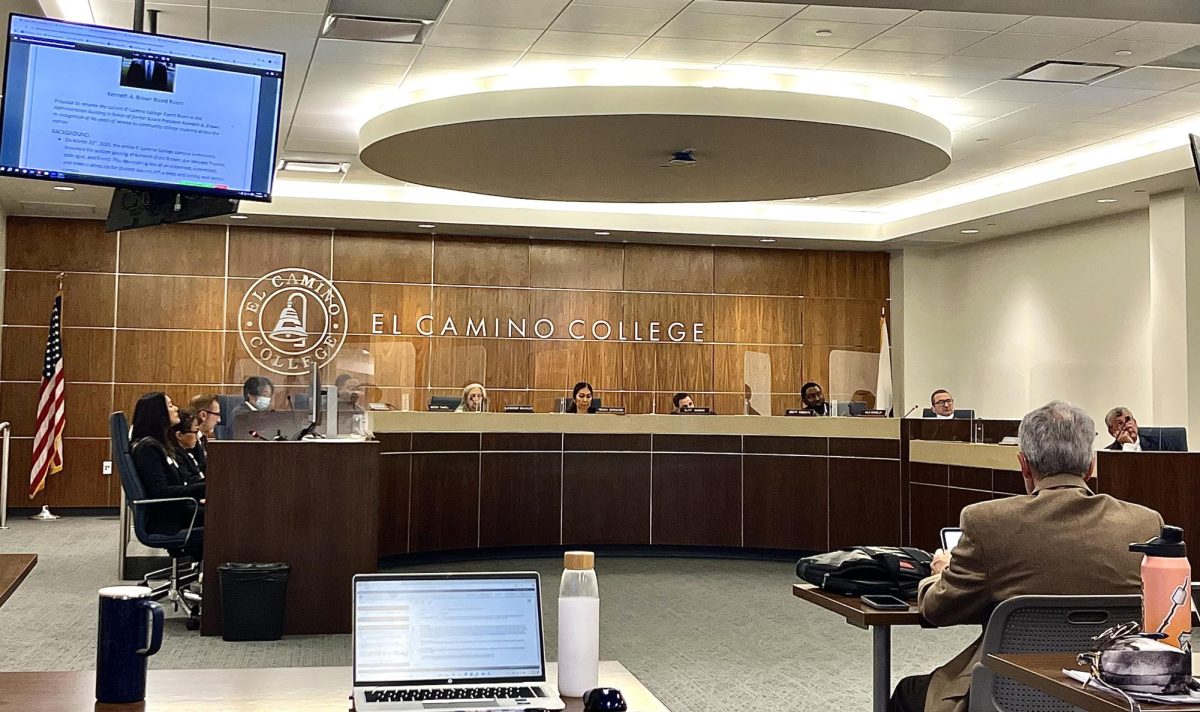In recent years, weather has become less of a small talk topic and more of a serious global hot topic. Students flooded the seats of room 100A, where geology and oceanography professor Joe Holiday, presented research on climate change on November 29th, in the Math and Computer Science building.
“When I was a child people were just beginning to discuss it (global warming),” Devin Darling, 30, geography major, said. “Now you can’t go anywhere without people knowing about it.”
Holiday’s research on climate change was based on information he attained during his eight-month sabbatical traveling to Antarctica, Baja Mexico, Alps and Alaska and Svalbard island (Norway), in 2010; something that is not customary of EC professors.
“The evidence is overwhelming,” Holiday said. “It’s like plate tectonics or evolution, there is no questioning it in the earth science field.”
Holiday discussed the rise in the earth’s temperature explaining basic causes such as increasing levels of carbon in the earth atmosphere, and green house effect, information that is well know for most of the crowed whom were predominantly earth science scholars. Interest was fueled when he related the dangerous affects of global warming to the extinction of species and complete disintegration of entire countries.
“Pika (hamster-like mammal) and marmites live on mountain tops, they are developed to be in a certain temperature range, certain amount of rain fall; as global warming goes on, where are they going to go?” asked Holiday. “They can go up hill, the flowers might be able to reproduce if they have wind distribution, not as likely as down hill but they might. Eventually when the pika moves (from region) does it have any place to go?”
Holiday posed many thought provoking questions that instilled some student’s with an urgency to take action. Monica Valdez, 21, Business, said she now feels as though she is responsible for helping out her community. Other students like Darling, think that not enough people are informed about the effects of climate change to be able to create change.
“Only a handful of scientist in the scientific community, are the only ones that are truly concerned about it and that’s not enough people to make a difference,” Darling said.
Holiday also referenced an L.A. Times article, which revealed that coastal cities in California such as New Port Beach and Long Beach are getting ready for the 1 to 3 feet rise in sea level anticipated for this century. This news started Samuel Ramos, 19, geology, who said he was shocked to see that counties were starting to invest on building damns, walls to protect from sea level rises and storms such as hurricane Sandy.
“I knew it (climate change) effected us but not it what ways, commented Valdez.”
“My research has made me aware of the carbon footprint that we all put out,” Holiday said. “I have changed my lifestyle to eliminate products that have a large carbon footprint such as importing products that are brought by truck and ship for long distances.”
Holiday encourages students to do their own research on independent non-biased Web pages on what he labels “the most complicated environmental issue.” He advised students to do a lot or reading and not rely on what they news or friends tell them. “TV and radio news is too simplistic,” Holiday, warns.
Non-biased Web sites



